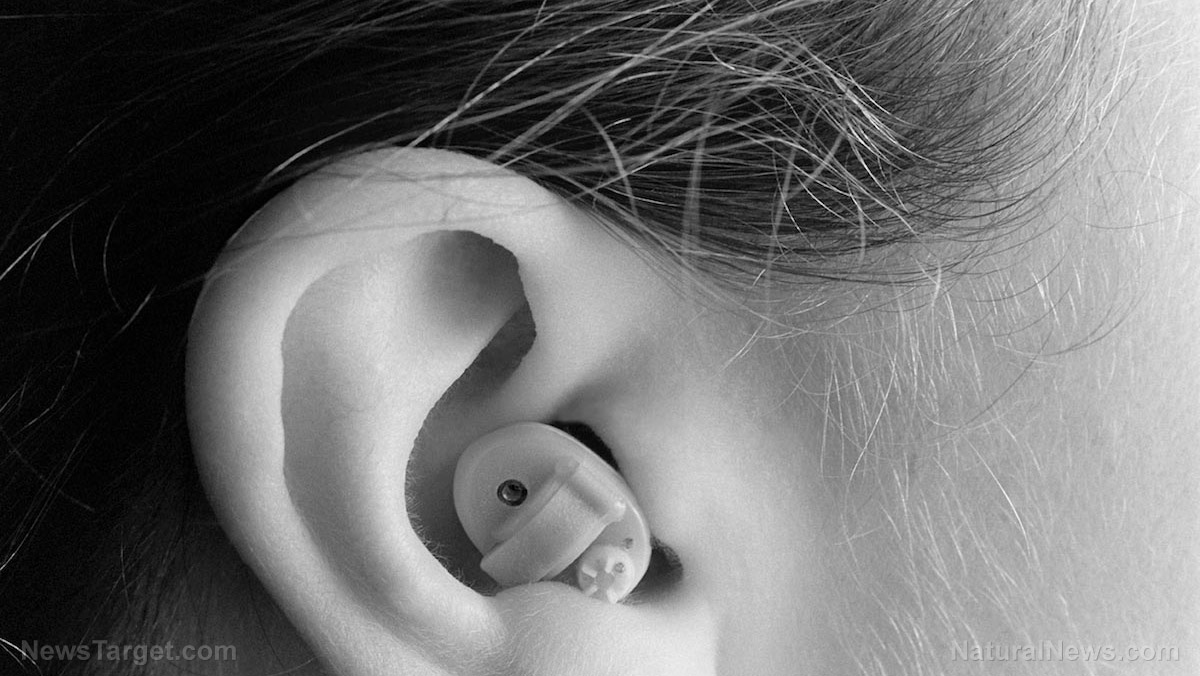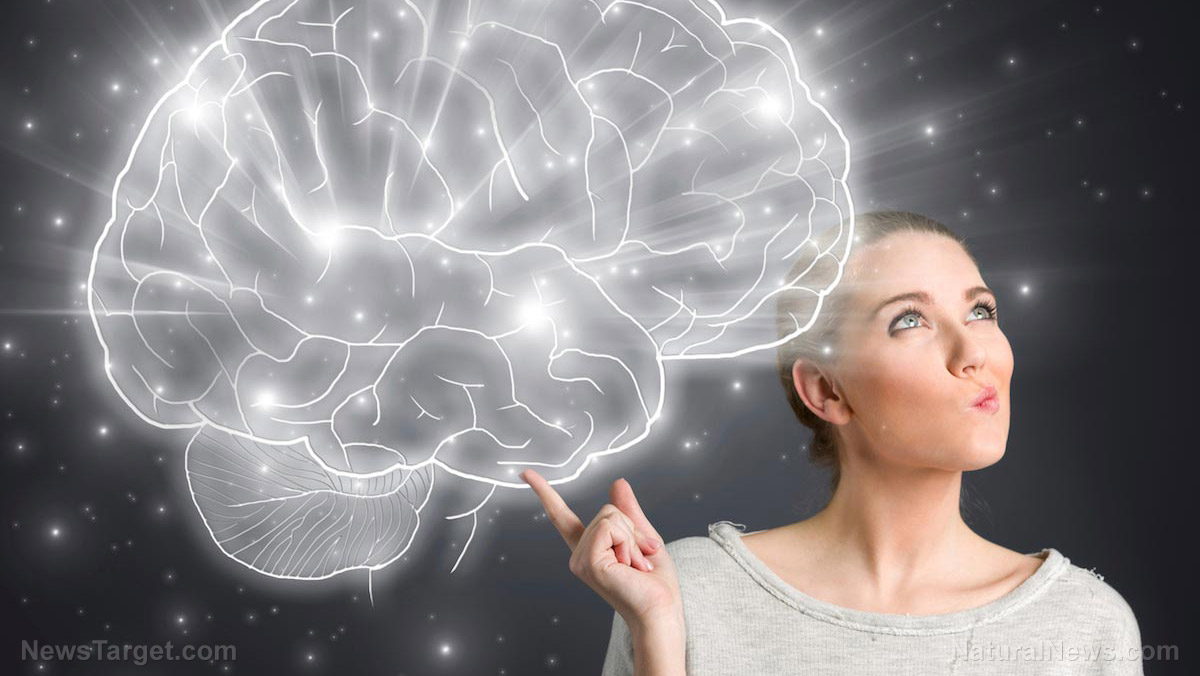Awareness while in a coma is common, but doctors FAIL to “listen to and respect patient experiences”
07/24/2020 / By Divina Ramirez

Comatose patients are thought to remain in a state of limbo – neither conscious nor unconscious – dubbed the “vegetative state.” The unique nature of this state often complicates treatments and therapies for these patients.
For this reason, physicians might be shocked to hear about comatose patients regaining consciousness and snapping out of their condition. But Toronto-based author Shireen Jeejeebhoy says this is only because they fail to listen to and respect patient experience.
Listening (or not) to patient experience
In her article published in the online magazine Psychology Today, Jeejeebhoy recounts the multi-car accident that caused her to sustain a traumatic brain injury back in 2000.
She notes that although she was never in a comatose state, she could relate to the experience of being unable to respond, a sensation that comatose patients report feeling across message boards and fora on the internet. According to Jeejheebhoy, the more she heard people talking, the less she was able to respond.
Having experienced this and after reading numerous anecdotes online, Jeejeebhoy shares that she found it puzzling that physicians find these stories inexplicable, particularly those where comatose patients snapped out of their vegetative state and those where patients attributed their recovery to hearing their loved ones talk to them throughout their coma.
But brain science has long since established that neurons are capable of regeneration, and that the brain is more than able to heal itself, Jeejeebhoy explains. Therefore, it should come as no surprise at all that patient recovery is possible.
It then becomes clear, she continues, that part of the reason why physicians are often shocked to hear about rehabilitation stories is that they fail to listen to and respect their patients’ experiences.
If only physicians listened to their patients and their families, they might not find recovery stories strange or improbable.
“Our recovery depends upon physicians taking the time to listen to us and believing our internal experience is valid medical knowledge,” Jeejeebhoy writes. But anecdotal evidence and patient experience are oftentimes either ignored or diminished.
In turn, this ignorance condemns comatose patients to life support and treatments that do not have their best interest in mind. “They transform our physical injuries into personality issues or mood disorders such as depression then blame us for our predictable difficulties,” Jeejeebhoy adds.
The role of communication in treating comatose patients
Comatose patients are often numb to external stimuli and incapable of demonstrating normal reflex responses. For this reason, physicians might forego talking to these patients and discourage their families’ attempts at communication.
But this limited reasoning on the part of physicians appears to suggest that bonding and communication are baseless and futile attempts at treatment. As such, neither are relied upon in the medical field.
That being said, this contempt also relies on a baseless assumption that comatose patients can neither hear nor respond. (Related: New research shows signs of consciousness in brain patterns of unconscious patients.)
But scientists have demonstrated back in 2015 that the brains of comatose patients respond to voice recordings of their loved ones recounting memories and mentioning their names several times. Each patient that had been a part of the experiment also recovered faster than the predicted time frame.
Theresa Pape, a neuroscientist at Northwestern University in Illinois and the lead author of the study, explained that hearing shared stories and memories in their parents’ or siblings’ voices exercises circuits in the comatose patient’s brain that are responsible for long-term memories and language comprehension.
Given such breakthroughs and ongoing research in brain science, Jeejeebhoy notes that it appears physicians choose to ignore the fact that scientists still understand so little about the brain, let alone the effects of human bonding and communication on comatose patients.
Jeejeebhoy says that comatose patients and those that had gone through brain injuries require ethical care and holistic treatments to facilitate the faster healing of their brains. Besides helping them regain their brain functions, treatments and therapies should also help patients reintegrate into their communities.
But before this can be done, physicians need to first start listening to their patients and their families and respecting unique patient experiences that are just as sound and reliable — if not more — as medical advice and opinions.
Learn more about the brain and how it recovers from injury at Brain.news.
Sources include:
Tagged Under: bad doctors, brain function, brain health, Brain Injury, brain science, breakthrough, coma, communication, discoveries, familial bonding, healing, mind body science, neuroscience, recovery, research
RECENT NEWS & ARTICLES
COPYRIGHT © 2017 MIND BODY SCIENCE NEWS




















